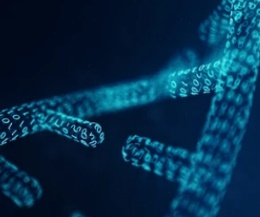Aging is a biological process that affects most cells, organisms, and species. Telomeres, located at the end of chromosomes, have been postulated as a universal biological clock that shortens in parallel with aging in cells. Telomeres shorten as cells age. They consist of an evolutionarily conserved repetitive nucleotide sequence ranging in length from a few hundred base pairs in yeast to several kilobase pairs in vertebrates.
The study of telomere biology in the context of aging is of paramount importance in understanding the molecular mechanisms underlying aging and age-related diseases.
Learn more: Telomere Biology



